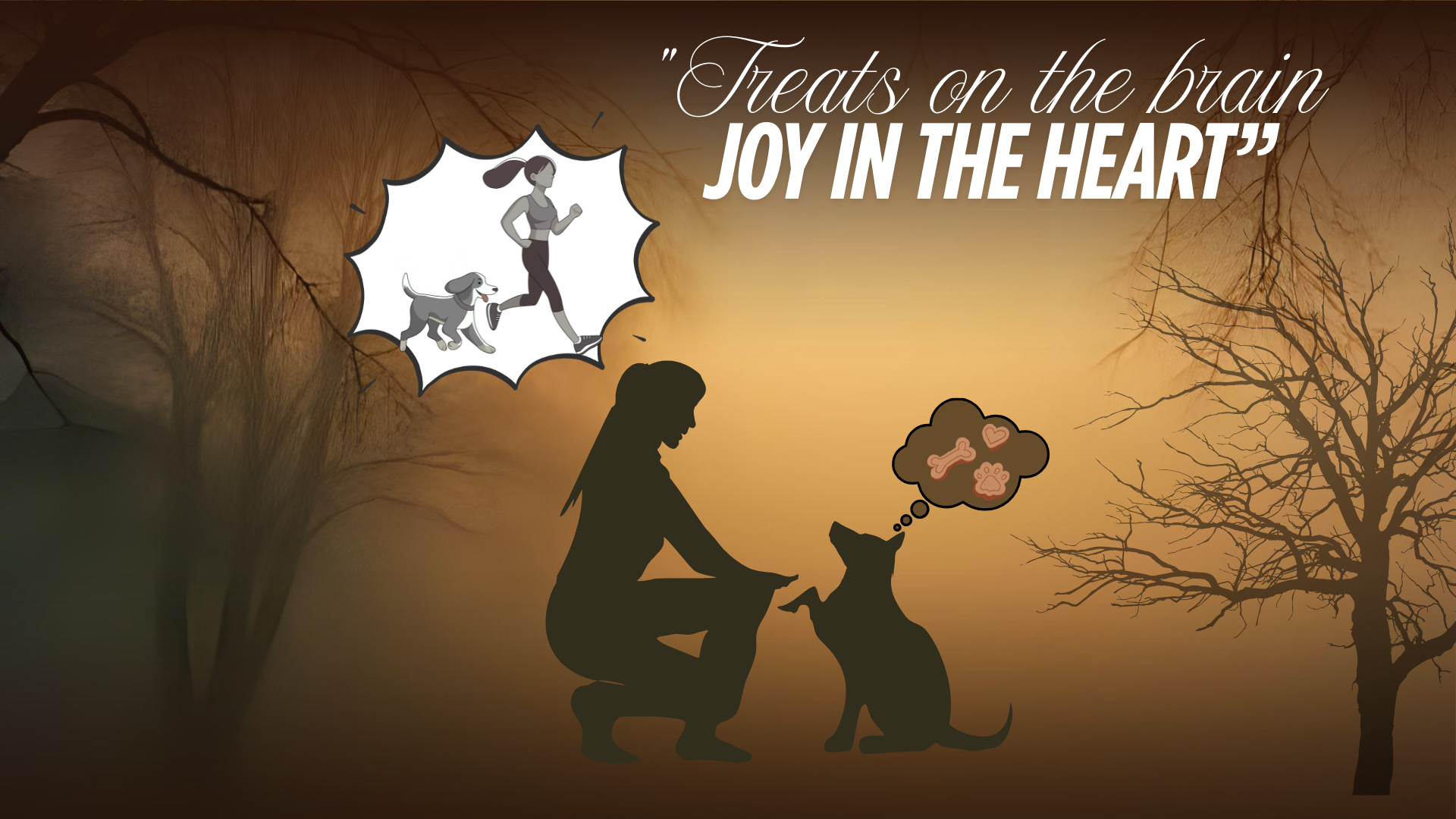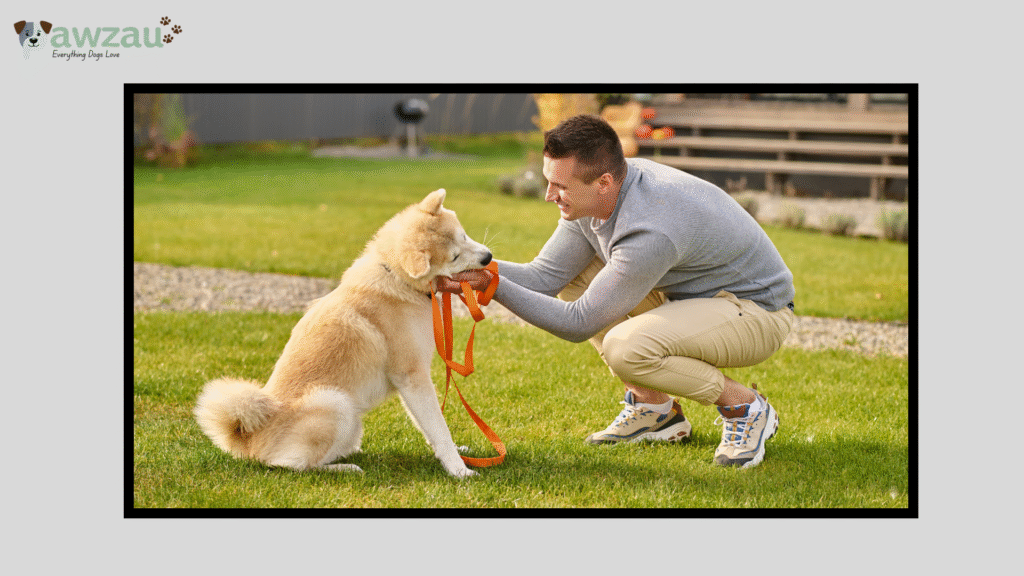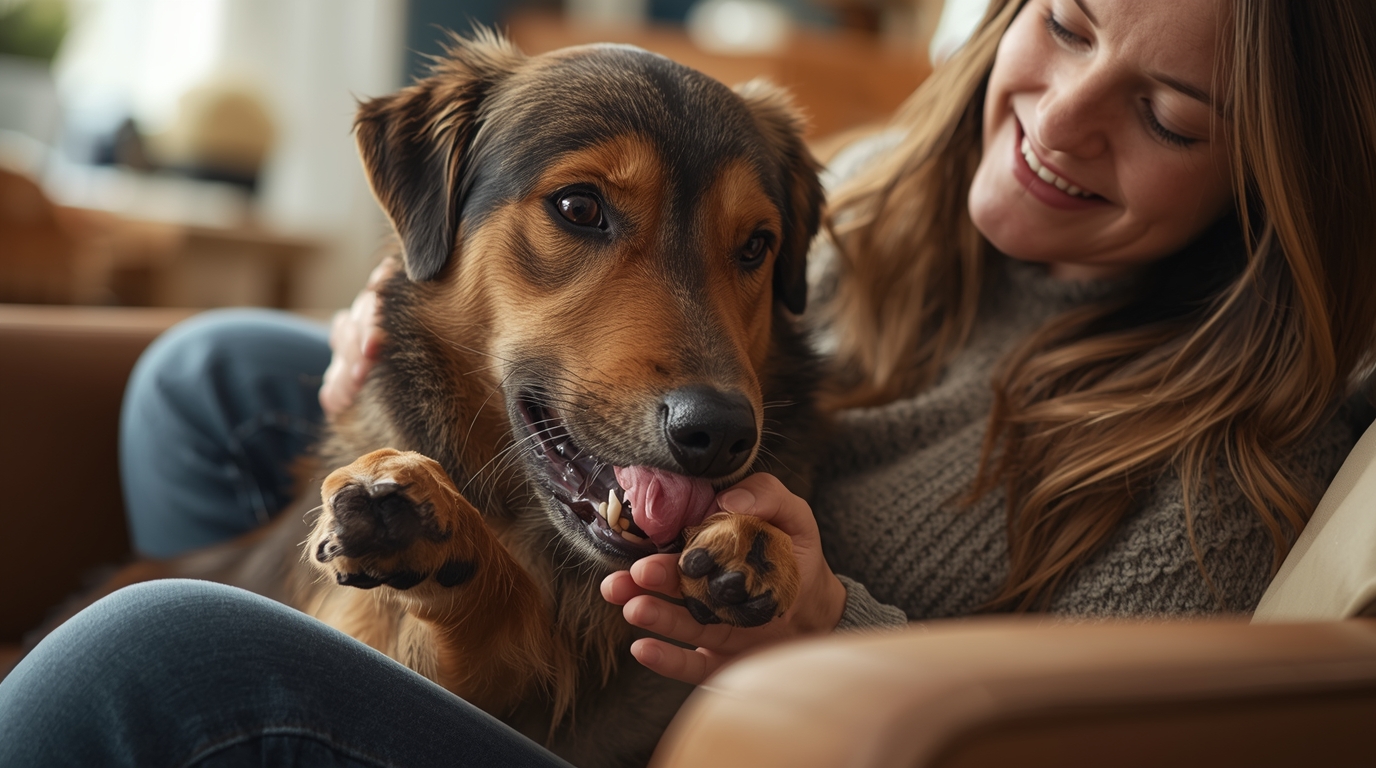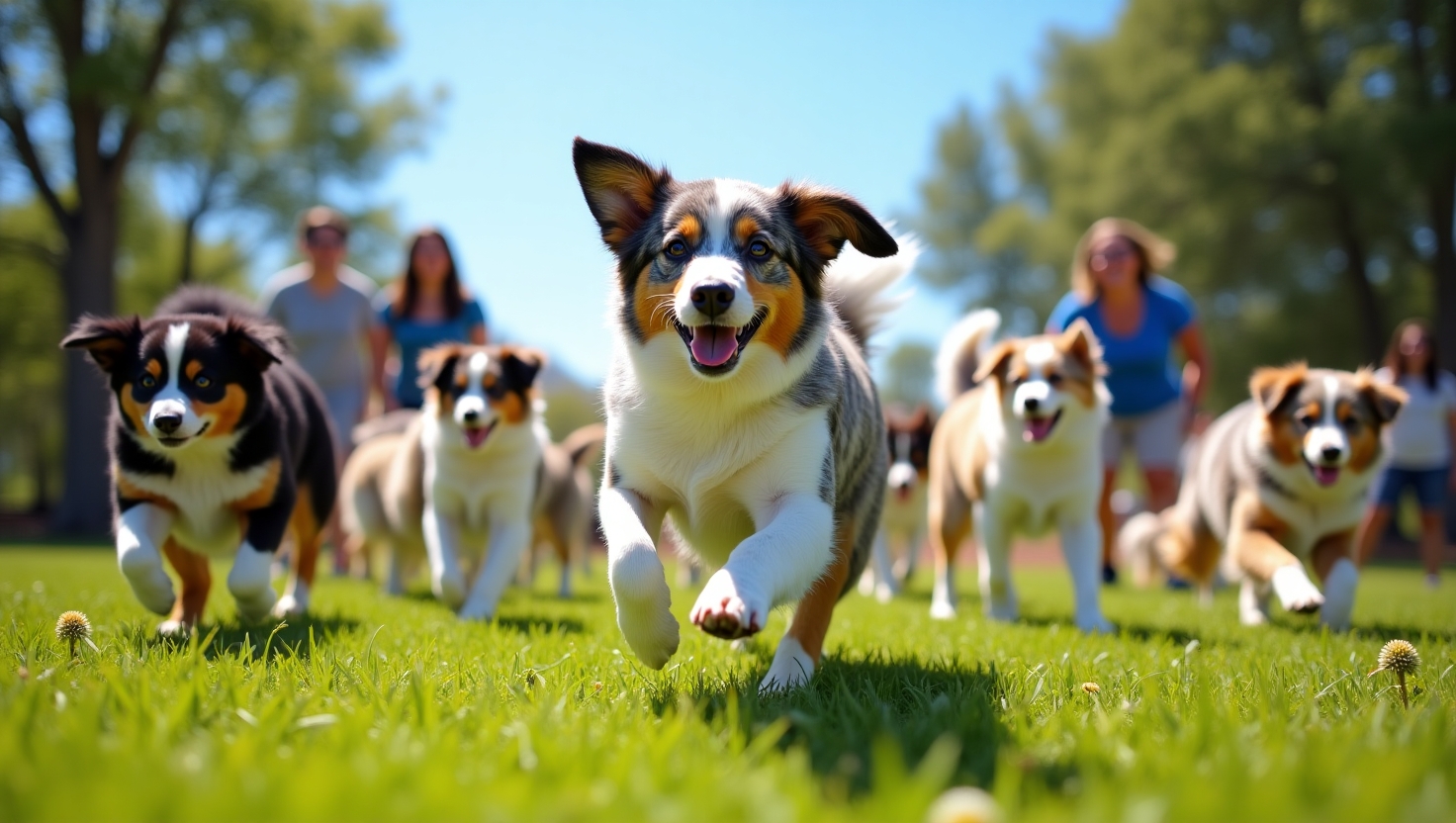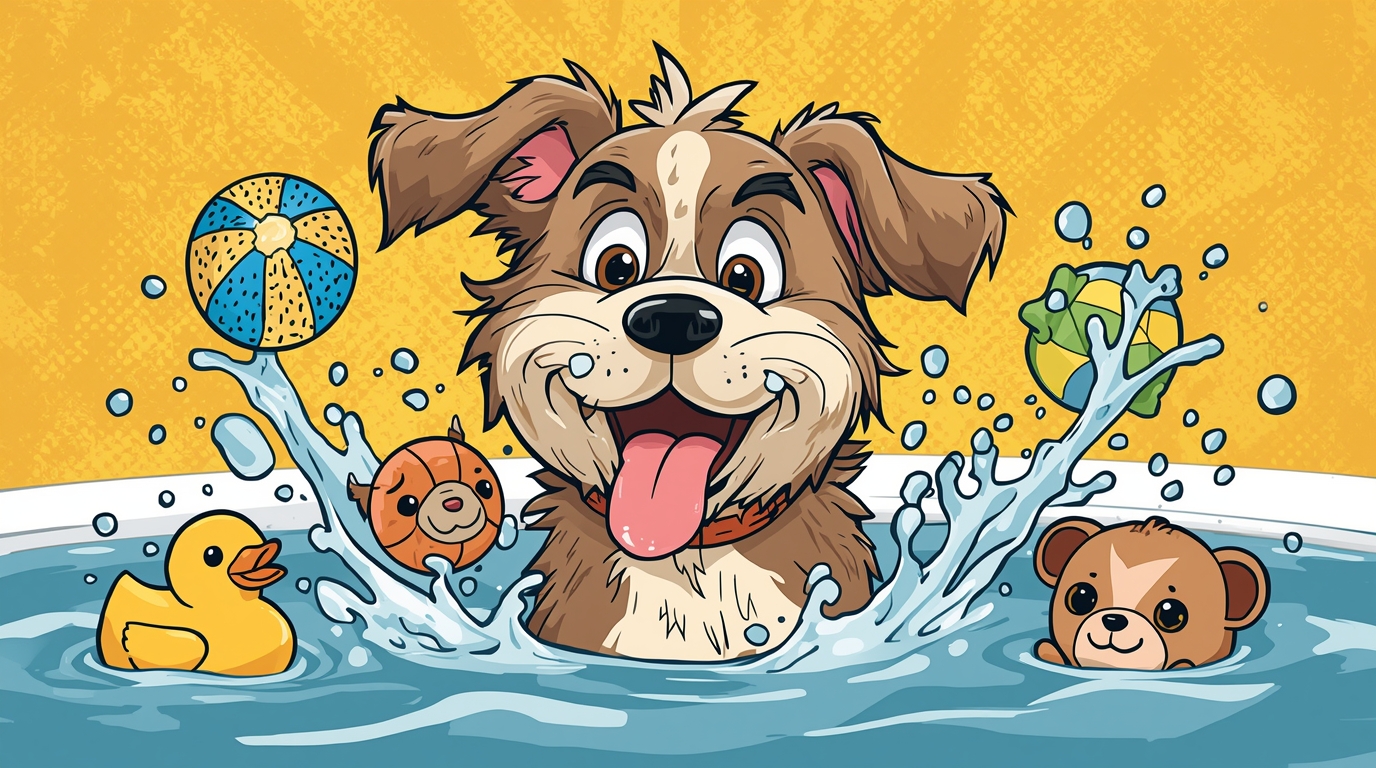Dog Training in Australa is essential for every dog and owner. It provides dogs with mental stimulation and clear communication, and makes life safer and happier for everyone. As the RSPCA notes, effective training “provides your dog with opportunities for positive mental experiences and challenges” and, when done properly, “strengthens the bond between you and your furry family member”. In Australia, leading experts (the RSPCA and Australian Veterinary Association) recommend **reward-based training a humane, positive reinforcement approach that builds confidence and cooperation in dogs rather than fear or confusion.
Basic Obedience Training
Begin with ore commands: sit, stay, come (recall), and polite leash walking. These simple cues are the foundation of a well-mannered dog. For example, the RSPCA Western Australia’s training program teaches “off-leash control, recall, toilet training, and basic dog obedience commands using positive techniques”. Basic obedience can be taught with short, frequent sessions and high-value rewards. Dog Training in Australa for instance:
- Sit: Hold a treat above your dog’s nose and move it backward so their rear lowers naturally. Reward them the moment they sit.
- Stay/Wait: Once your dog sits or lies down, give a “stay” cue and take one step back. If they hold position, return quickly and reward. Gradually increase distance and duration.
- Come: Begin on a leash. Kneel down and cheerfully call your dog (“Come!”). When they reach you, lavish praise and treats. Practice often in safe, enclosed areas.
- Leash Manners (Heel): Use a loose leash and a treat held at your side to encourage your dog to walk calmly beside you. If they pull, stop walking and wait or change direction to teach that pulling doesn’t get them where they want to go.
Professional trainers in major cities (Sydney, Melbourne, Brisbane, Perth, Adelaide) offer group classes or one-on-one sessions to guide you in teaching these cues. For example, the RSPCA Perth program offers structured classes like “Puppy Kindy” and “Level 1/2” obedience to progress dogs through these basic skills. Local dog training clubs and veterinary clinics also often run puppy pre-school and beginner obedience courses.
Puppy Training and Socialisation
Early weeks are critical.
There is a “critical socialisation period” between roughly 2½ and 14 weeks of age when puppies must encounter new experiences in a safe, positive way. Exposing a young puppy gently to different people, other vaccinated dogs, environments, sounds and surfaces helps them grow into confident adults. Always pair new experiences with rewards (treats, praise or play) so they form positive associations. For example, when your puppy meets a new person or dog, immediately give them a favorite treat and affection if they remain calm.
Puppy preschool (sometimes called kindergarten) classes are highly recommended.
A trained instructor provides socialisation and basic training in a controlled group setting. The RSPCA and vets encourage puppy classes: the Australian Veterinary Association even advises that well-run puppy schools (in clean environments) **do not pose a health risk** to unvaccinated pups. In these classes, puppies practice sitting, coming and walking on lead around other dogs and people. They also learn bite-inhibition (gentle mouthing) and toilet training habits under supervision. Many cities have such programs – for example, RSPCA Victoria’s **Puppy School (with K9 Connect)** in Melbourne, RSPCA Perth’s Puppy Kindy in Joondalup and Fremantle, and puppy courses at local council centers or dog clubs in Sydney and Brisbane. Even simple playdates with friendly, vaccinated dogs can aid socialisation, as long as interactions remain calm and supervised.
Positive Reinforcement Techniques of Dog Training in Australa
-
Across Australia’s professional and veterinary community, reward-based training is considered best practice.
The RSPCA explicitly advises using your dog’s natural instincts and rewarding desired behaviors, while avoiding punishment. Positive reinforcement training means immediately giving your dog something good (treats, praise, play or pets) when they perform the correct behavior, making it more likely to be repeated. For instance, if your dog lies quietly instead of jumping up, immediately praise and treat them. The RSPCA notes that this approach “sets your dog up to succeed”. It is vital not to scold or punish mistakes; dogs don’t understand verbal chastising and may become confused or fearful. Instead, simply withhold rewards for unwanted actions. Over time, dogs learn “I get yummy treats and pets when I sit, and nothing when I jump,” which teaches them what behaviors please you.
-
Rewards can be simple: small training treats, enthusiastic praise (“Good!”), or affection.
The RSPCA points out that positive training can include “treats, positive praise, and gentle affectionate pats,” and most importantly is “an enjoyable experience for your dog” that strengthens your bond. Timing is key: deliver the reward within seconds so the dog links it with the right action. As your dog progresses, you can gradually replace treats with intermittent rewards (every second or third time) and rely more on praise and petting.
Remember, even negative reactions can unintentionally reinforce bad behaviors. For example, if your dog barks to get attention and you yell at them, the RSPCA warns this still gives them attention – and any attention can be rewarding for a bored dog. Instead, ignore nuisance barking and only acknowledge them with rewards when they quiet down. Overall, be consistent: use the same cue words and reward approach every time, and ensure all family members follow the same rules.
Addressing Common Behavioural Issues
Even well-trained dogs can have challenges like excessive barking, aggression, or anxiety. The key is understanding the root cause and applying kind, consistent methods Dog Training in Australa.
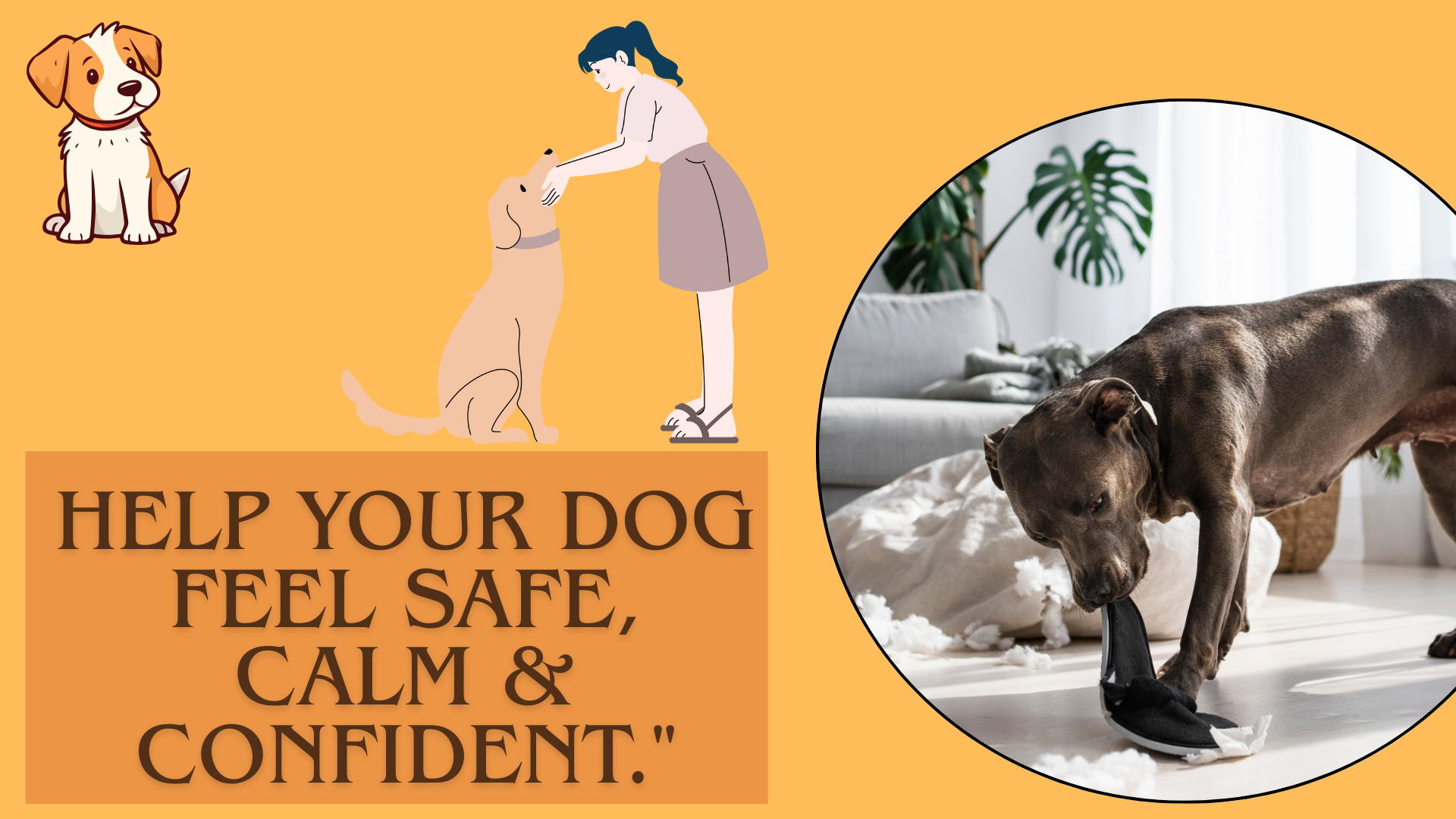
- Excessive Barking: Dogs bark to communicate, but constant barking often signals boredom, anxiety or unmet needs. The Victorian Animal Welfare guidelines note that providing more exercise and mental tasks (toys, puzzles, “tricks”) helps reduce boredom-related barking. You should also **rule out medical issues** first by visiting a vet. For behavior change, reward your dog when they are quiet and ignore the barking. As the RSPCA advises, train with positive reinforcement: give a treat or praise for quiet behavior and avoid any form of punishment, which can actually worsen barking issues.
- Aggression: Canine aggression can stem from fear, territorial instincts or past trauma. It is a serious issue that often requires a professional’s help. Experts (like veterinarians or certified behaviorists) recommend identifying aggression “triggers” and then using behaviour modification. The RSPCA emphasizes that aggression treatment *must* be based on positive reinforcement: reward non-aggressive behavior and avoid any punishment or aversion techniques, as punishment typically makes aggression worse. For instance, a fearful dog that barks at strangers might learn to feel relaxed if it’s rewarded for calm behavior in the same situation, rather than being scolded. Always seek guidance from a qualified trainer or vet behaviorist for aggressive dogs.
- Anxiety (e.g. Separation Anxiety or Noise Phobias): Many dogs dislike being alone or can be scared of loud noises (thunder, fireworks). Gentle desensitization and counterconditioning are effective: gradually accustom your dog to the trigger at a low level paired with treats, so they learn to associate it with something good. For separation anxiety, you might start by leaving your dog for just a few seconds and rewarding calmness, slowly increasing the time apart. The Victorian guidelines explicitly suggest **counterconditioning**: for example, giving your dog a special treat (like a stuffed Kong) only when you leave, which can reshape their anxious reaction into a positive one. Regular exercise, interactive toys and enrichment (like food puzzles) also relieve stress. In severe cases, a vet may recommend medication in conjunction with training.
For all these issues, consistency and patience are crucial. Never physically punish (never hit or shout at your dog) – Australian animal welfare authorities unanimously advise against it. If you feel stuck, a force-free trainer or veterinary behaviorist can create a tailored plan for your dog’s specific problem.
Advanced dog guide tips in austraila and Mental Stimulation
- Once basic obedience is solid, you can introduce advanced skills and fun activities to keep your dog’s mind sharp. Many Australian dog owners enjoy agility, scent work, herding trials or trick training. These activities provide mental challenges and strengthen the dog-owner bond. For example, agility courses (even homemade obstacle sets) get dogs thinking and moving; teaching a dog to sniff out hidden treats or learning new tricks (roll over, fetch a named toy, spin) engages their brain (Guide Dog training and matching).
- Dog Training in Australa daily mental exercise is just as important as physical exercise. The Victorian Government’s animal welfare page recommends giving dogs toys, puzzles and interactive games “to enhance mental stimulation and reduce boredom”. Puzzle feeders, Kong toys stuffed with food, or teaching games (like finding a hidden treat under cups) are excellent. You might also join a local dog training club or class focused on advanced obedience or dog sports. In Sydney, the Sydney All Breeds Dog Training Club offers classes in higher-level obedience and rally. In Melbourne, clubs affiliated with the Australian National Kennel Council run scent work and agility. Brisbane and Adelaide similarly have dog sport clubs. These programs allow dogs to continue learning and socializing while having fun.
- Keep training sessions positive and play-based, even at advanced levels. Change up routines and reward creativity to prevent boredom. Active, stimulated dogs tend to be well-behaved and content.
Check this: Shiba Inu Dog Breed Price in Australia – A Complete Owner’s Guide
Benefits of Consistent Dog Training in Australaand
- Regular, positive training benefits the whole family. Dog Training in Australa for dogs, it means clear expectations and a predictable routine. A trained dog is usually calmer, more confident and less stressed by everyday life. They know how to behave at the vet or groomer, walk politely on leash instead of pulling, and respond reliably if they slip out the door (recall skills save lives!). This often leads to fewer injuries, vet visits, and unhappy confrontations.
- For owners, training gives the tools to understand canine body language and needs. For example, RSPCA WA highlights that training classes help owners “understand your dog’s individual body language and needs” and build “trust and respect between you and your dog”. Owners learn how to channel their dog’s energy with constructive activities, making daily life more harmonious. Consistency also reduces frustrations — you’ll waste less time cleaning messes or breaking up fights, and walks become enjoyable rather than stressful.
- Moreover, a well-trained dog can participate more fully in your life (visiting cafes, going on trips, joining family events), which is rewarding for everyone. And socially, good behavior (no nuisance barking, jumping, or aggression) means happier neighbors and a better community image for dog owners.
In short, investing time in consistent, positive training yields calmer dogs, safer homes and a deeper human-animal bond. Australian experts agree: positive reinforcement training is not only more humane, it “avoids undesirable behavioural side effects” and leads to the most reliable, joyful outcomes. By starting early with puppies and reinforcing skills throughout life, you and your dog will enjoy the many rewards of a well-trained companionship.

